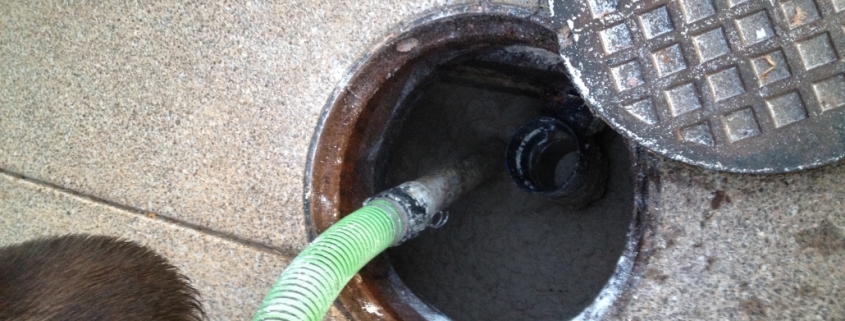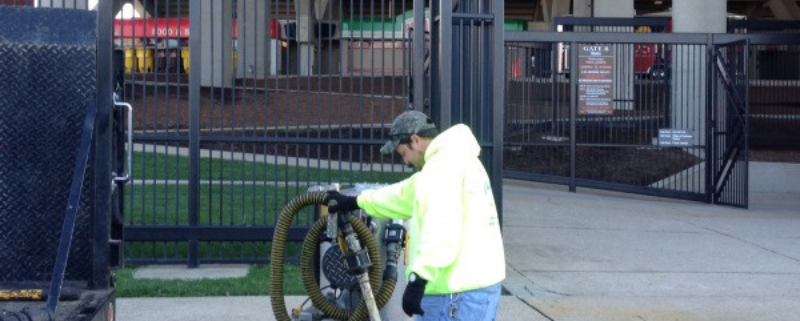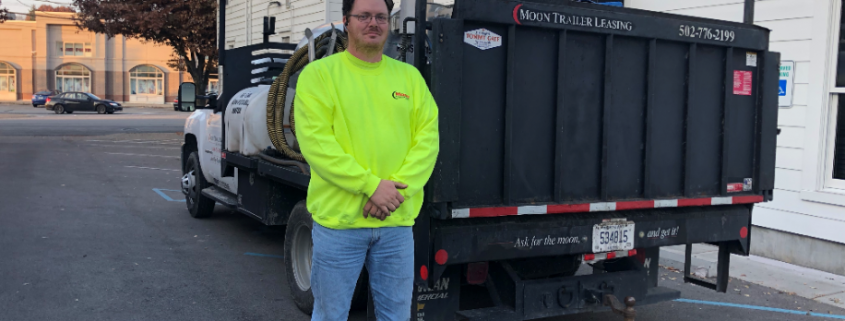What is FOG?
FOG, or Fats, Oils, and Grease, refers to byproducts that are created during food preparation, cooking, dish cleaning, and grease cleaning. It has the potential to enter wastewater and clog up the sewer system. Let’s take a look at the science behind FOG and why it’s so important to prevent build-up.
What is FOG?
As mentioned above, FOG (Fats, Oil, and Grease) is a byproduct of cooking. Many types of food and food byproducts combine to form this byproduct in the cooking process, including meats, fish, nuts, dairy products, soups, and more. FOG is sometimes referred to as brown grease. Basically, it’s the greasy gunk that is left over after you are done cooking.
FOG is made up of fatty acids and glycerol. One example of a part of a FOG compound is triglycerides. Triglycerides are found in vegetable oils and animal fats. They can be either solid or liquid at room temperature, and are less dense than water, so they float in water. At a chemical level, this chemical compound is comprised of three fatty acids and one molecule of glycerol.
Settings where FOG can be an issue
Any setting where cooking happens can lead to a high amount of FOG. We might first think of restaurants when we think of FOG. Restaurants do create a lot of it in the process of producing their products. But, there are plenty of other sources too, like hospitals, community centers, bakeries, hotels, and more. These FOG-producing entities are collectively referred to as Food Service Establishments (FSE). As a collective, FSE are very significant contributors of FOG to sewer systems.
How it affects the sewer system
If FOG is not properly removed from wastewater, its presence can wreak havoc in sewer systems. Elements of it end up clogging sewer pipes through a series of complex chemical reactions when it enters the sewer system. Basically, it breaks down and reforms to combine with other chemicals present in sewers, leading to a buildup of soap-like compounds. These blockages reduce the flow of wastewater in sewers, and if left unaddressed can completely block outflows. This means sewers can overflow and plumbing can be blocked in commercial and residential settings.
Preventing blockages
The best way to prevent these blockages from becoming issues is to prevent FOG from entering sewer systems in the first place. This is where grease traps and grease interceptors come in handy at FSE. Grease traps and interceptors are systems that help remove FOG from wastewater before that water enters the sewer system. Check out our blog post on how these two systems work in more detail.
Grease traps and interceptors are crucial for public sewer systems, and as such there are a number of rules and regulations on their use for FSE. But, the specific regulations can vary by state and locality. Working with an experienced business like Moon Grease Trap Cleaning is a great way to stay up to date on regulations and maintain clean and safe grease traps and grease interceptors.
Schedule your next grease service by contacting Moon Grease Trap Cleaning at 502-776-2199. We are happy to answer any and all questions you may have.








